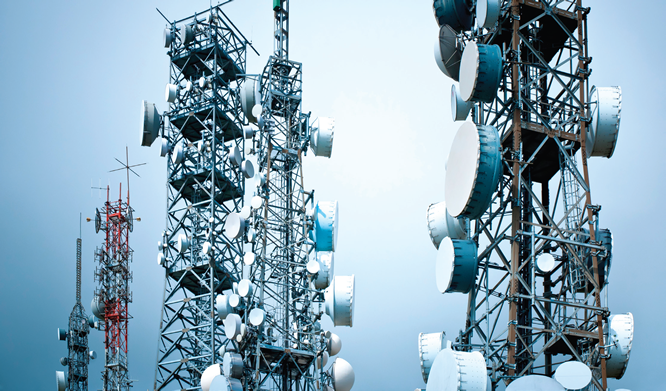Telecommunication companies, under the auspices of the Association of Telecommunication Companies of Nigeria (ATCON) have thrown its weight behind the federal government’s proposed tariff hike for the telecommunications sector, emphasising that, its implementation in the first quarter of the year would allow Mobile Network Operators (MNOs) to better plan for the adjustment.
This follows the government’s decision to address long-standing calls from operators for a review of telecom tariffs.
Recall that the minister of Communications, Innovation, and Digital Economy, Dr. Bosun Tijani, announced the proposed adjustment during a stakeholder meeting with Mobile Network Operators (MNOs) in Abuja.
He clarified that, while the hike would not reflect the 100 percent increase requested by telecom operators, it would strike a balance to accommodate the financial and operational realities of the industry. Tijani also revealed that the Nigerian Communications Commission (NCC) would soon approve and publicly announce the new tariffs.
ATCON president, Tony Izuagbe Emoekpere, expressed support for the move, describing it as overdue but necessary.
Speaking in an interview with LEADERSHIP, he noted that the current tariff structure had remained stagnant for years, despite rising costs and inflationary pressures. According to him, while a 100 per cent hike may appear steep, it is not excessive when compared to the operational realities of the telecom industry.
‘Like I said, the issue is a work in progress. Although it’s a bit late considering how long the tariff has remained stagnant, a 100 per cent hike will not be a big leap,’ Emoekpere remarked.
In addition to the tariff review, Tijani disclosed the federal government’s intention to invest in telecommunications infrastructure to enhance connectivity across Nigeria.
Emoekpere described this move as a ‘standard practice,’ aligning with global trends where governments actively invest in critical national infrastructure.
He explained that telecommunications infrastructure is a critical driver of national development and should be treated as such, adding that, ‘In other countries, the government still invests in telecom infrastructure, and this would be a welcome development in Nigeria.’
He further emphasised that such involvement would also help address the persistent issue of infrastructure vandalism, which has hampered the telecom sector. According to Emoekpere, vandalism has thrived because the infrastructure lacked adequate protection; with government participation, he expressed optimism that vandalism could be minimised significantly.
‘Once the government has a vested interest in the sector, it would ensure that telecom infrastructure is actively protected. This would not only boost the operations of the sector but also foster trust among stakeholders,’ he added.
Emoekpere, therefore, urged the federal government to address critical barriers that hinder the sector’s growth. Among these barriers, he highlighted right-of-way bottlenecks and multiple taxation as key challenges that have slowed infrastructure development and the nation’s digital transformation agenda.
“Telcos face a heavy tax burden, paying over N2 trillion in taxes in 2023 alone, which includes around 50 different taxes imposed by federal, state, and local governments. This is unsustainable and significantly impacts the ability of operators to invest in expanding infrastructure,” Emoekpere said.
He called for the streamlining of taxes and levies imposed on telecom operators, arguing that reducing these financial burdens would encourage further investment in the sector. Emoekpere also urged for more public-private collaboration to position Nigeria as a leading digital economy in Africa.
“Our goals are clear: we must advocate policies that foster innovation and investment, drive infrastructure development to bridge connectivity gaps, and collaborate across public and private sectors to position Nigeria as a leading digital economy in Africa,” he stated.
Highlighting the transformative potential of emerging technologies, Emoekpere emphasised the need for Nigeria to fully embrace innovations such as 5G, artificial intelligence (AI), and the Internet of Things (IoT). He noted that these technologies are reshaping global communication and would play a pivotal role in Nigeria’s digital economy.
“The Nigerian telecom sector is at a pivotal juncture. Emerging technologies like 5G, artificial intelligence, and the Internet of Things are reshaping global communication. We must seize this opportunity to align our policies and investments to stay competitive,” Emoekpere noted.
